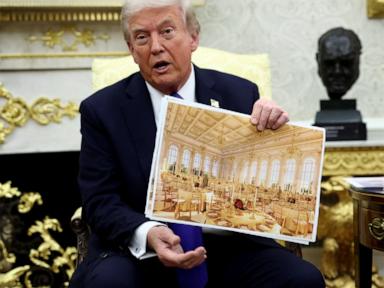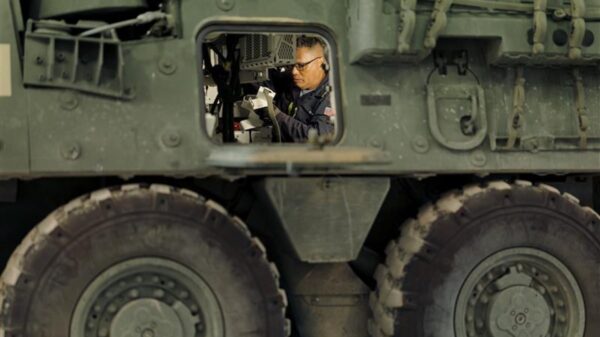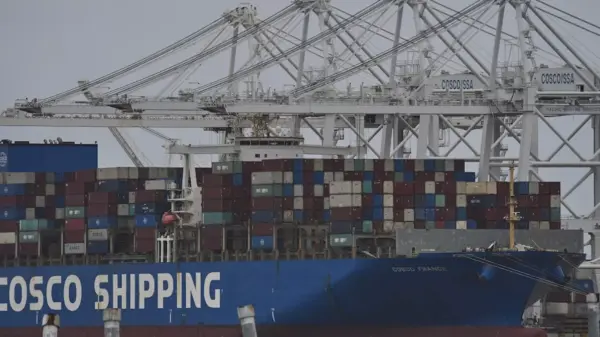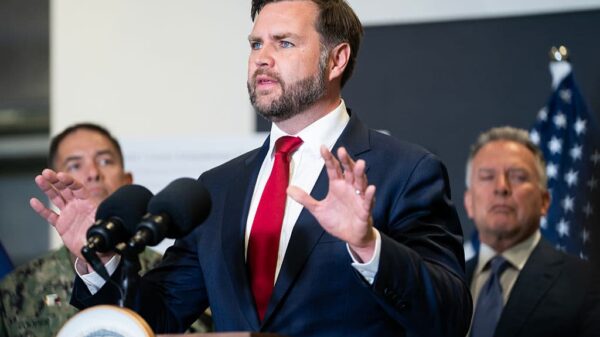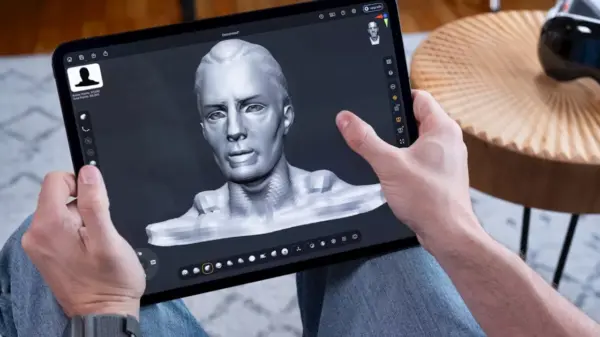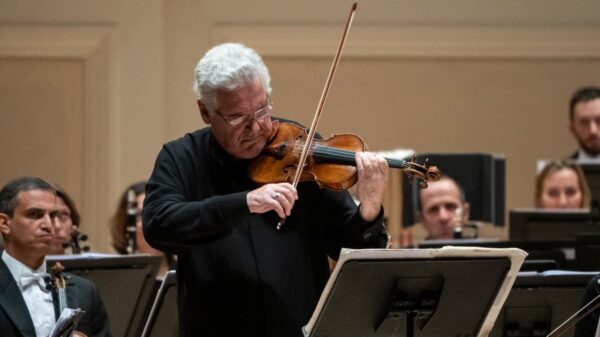In the fast-paced world of hospitality, effective leadership can often mean the difference between success and stagnation. Darragh McGillicuddy, founder of McGillicuddy Hospitality based in Cape Town, South Africa, emphasizes that empowering teams is essential, especially when leaders are frequently away from their offices. His insights reveal how strong leadership principles can foster team independence and resilience, even in the absence of direct oversight.
Travel is a fundamental aspect of McGillicuddy’s role, leading him to initially believe that his presence was crucial for his team’s success. “I thought my presence was needed everywhere for things to move forward,” he notes. This belief, however, proved to be a misconception. He quickly learned that attempting to oversee every detail was not only overwhelming but could also hinder his team’s performance.
Redefining Leadership Presence
McGillicuddy discovered that effective leadership does not always require physical presence. “If you’ve led the right way, your leadership principles will trickle down to your team members even if you’re not in the room,” he asserts. A pivotal moment occurred during a site visit when he was unable to attend due to a flight delay. His team managed the day seamlessly, demonstrating that they understood his expectations and could execute them independently.
This experience led McGillicuddy to a significant realization: true leadership involves empowering teams to perform without constant supervision. “Switch ‘always present’ for ‘consistent training,'” he advises. By clearly communicating priorities and checking in with intention, leaders can cultivate a culture of trust and accountability.
Empowering Decision-Making
Another key lesson McGillicuddy emphasizes is the importance of creating a team that operates autonomously. He criticizes leaders who insist that no decisions can proceed without their approval, labeling such behavior as bottlenecking. “Part of being a good leader is learning to let go,” he explains. By establishing clear decision-making parameters and desired outcomes, leaders can trust their teams to navigate their tasks independently, enhancing overall efficiency.
McGillicuddy encourages leaders to define the “guardrails” for their teams, allowing them to make decisions confidently. This shift not only alleviates delays but also fosters a sense of ownership among team members. “If your team is empowered to make more decisions without you, they’ll operate more confidently even when you’re halfway across the world,” he notes.
Streamlining Communication
Effective communication is crucial for remote leadership, especially when teams are spread across different time zones. McGillicuddy advises against over-communication, suggesting that predictable communication patterns yield better results. “Making sure your team knows when to expect check-ins and to go through the right channels will make a bigger difference,” he states.
Establishing reliable schedules for updates can help maintain momentum and ensure that team members feel supported, even in a leader’s absence. A quick message of encouragement can significantly impact team morale, he adds.
Building trust is another essential component of leading from a distance. McGillicuddy believes that trust is cultivated through small, consistent actions, particularly during challenging times. When team members proactively tackle problems and share credit, it reinforces the collaborative spirit necessary for success.
Ultimately, McGillicuddy’s experiences underscore a vital lesson in modern leadership: it is not about being physically present but rather about fostering a capable and confident team. “When you’re always on the road or in the air, you quickly learn that leadership isn’t about being in the room,” he concludes. By investing in team development and empowering individuals, leaders can create a resilient organization that thrives in any circumstance.


